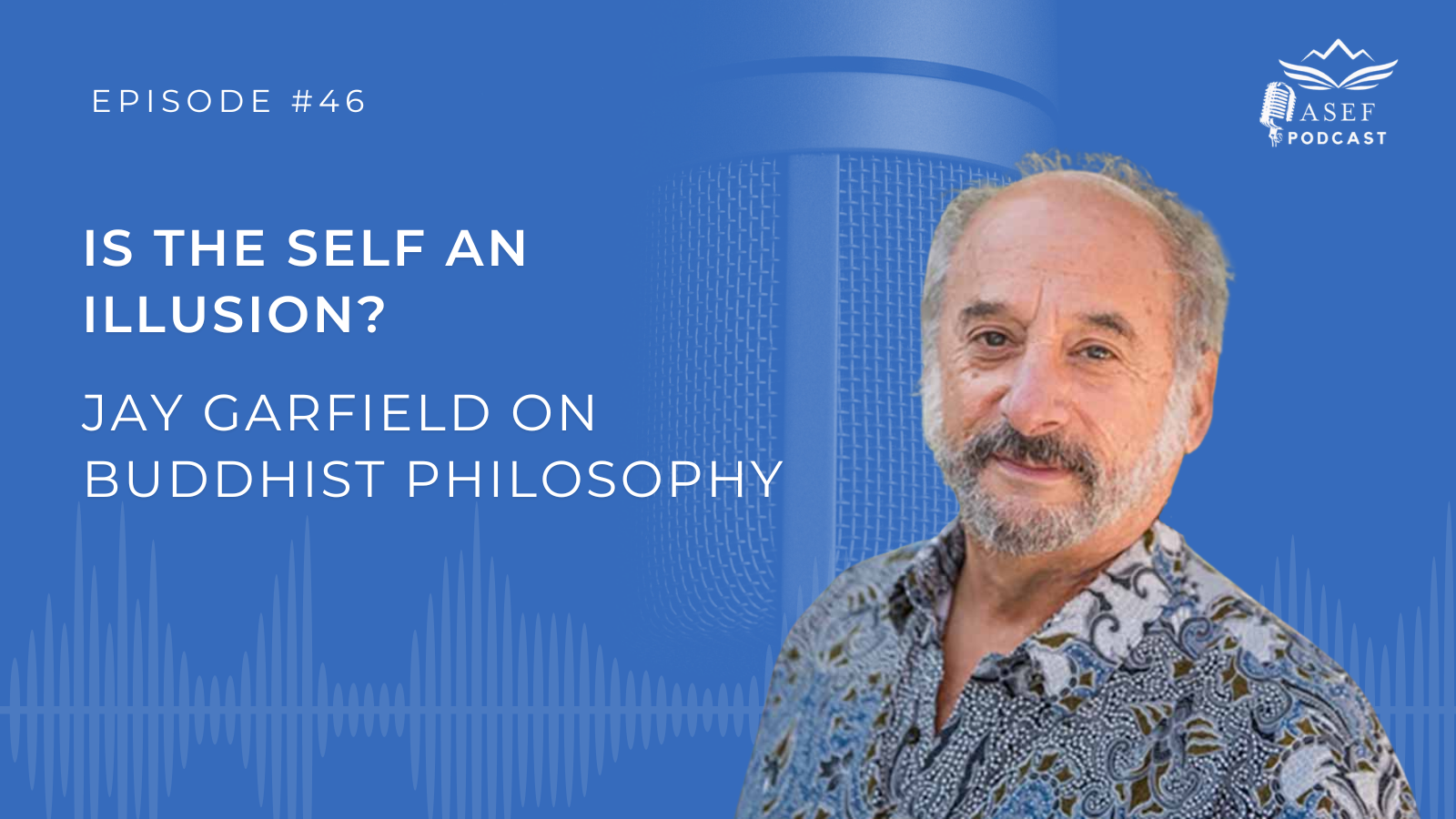
ASEF Podcast (EN): Is the Self an Illusion? Jay Garfield on Buddhist Philosophy [Episode #46]
What does it mean to have a “self”? And what if consciousness is an illusion?
In this episode of the ASF Podcast, Tanja Janko, host of the Science Vertical, speaks with philosopher Jay Garfield, a professor of philosophy who specializes in Tibetan Buddhism, philosophy of mind, cognitive science, epistemology, metaphysics, philosophy of language, ethics, and hermeneutics.
We explore the intersections of Buddhist thought, Western philosophy, and contemporary science. Garfield takes us from the Buddhist critique of the self to David Hume’s skepticism, from neuroscience’s challenge to our intuitions to the illusion of “consciousness” itself. Along the way, he explains why the self is best seen as an illusion (not a hallucination) and why reality is always a co-construction between mind and world.
We also dive into:
- Why philosophy must engage seriously beyond the Western canon
- How Buddhist thought influenced Pyrrhonian skepticism and, centuries later, Hume’s philosophy
- Neuroscience’s challenge to the idea of a central, enduring self
- Why “consciousness” might be a conceptual mistake

